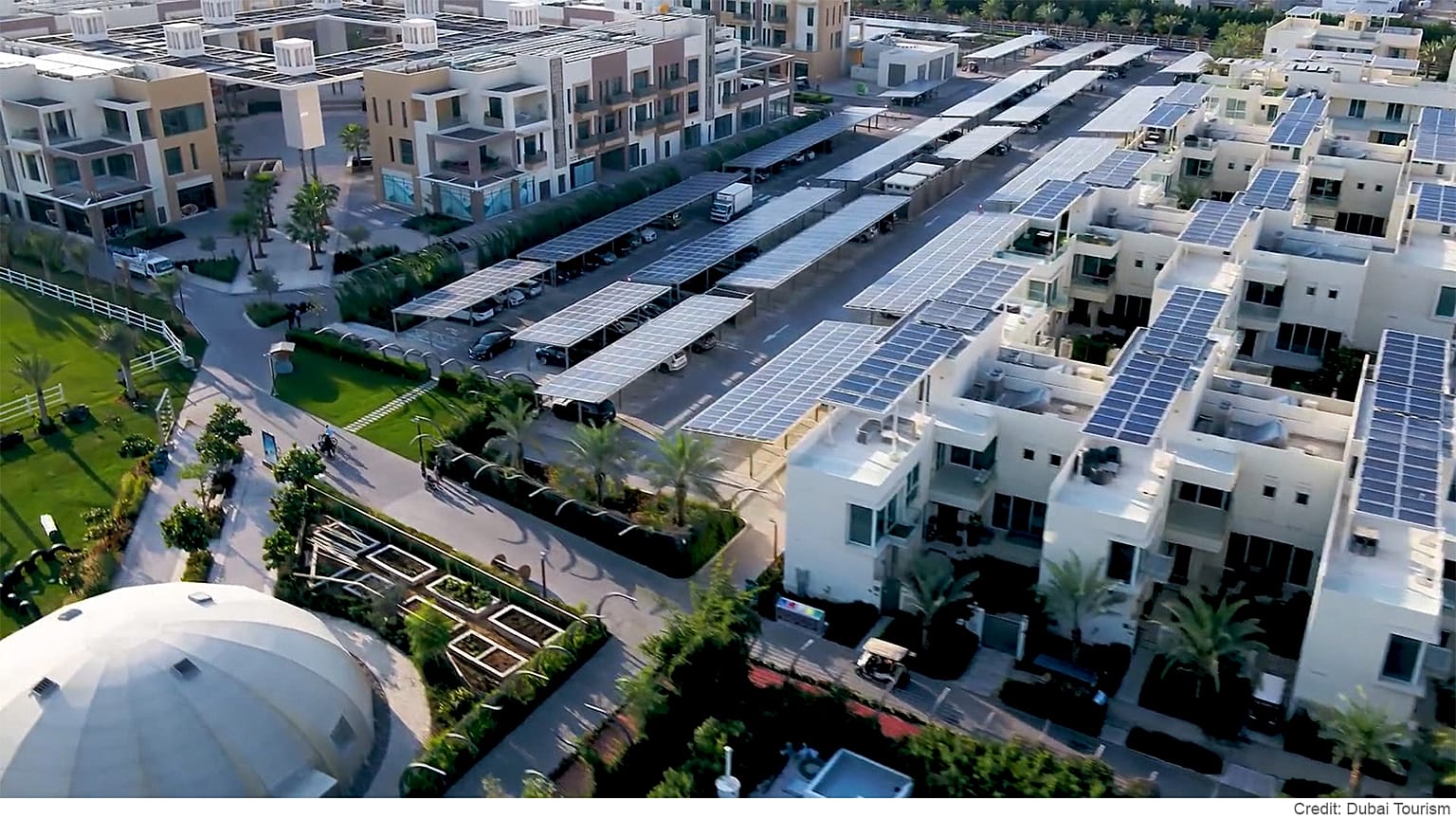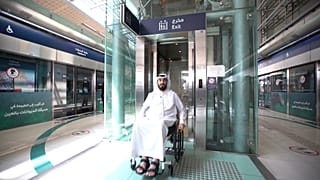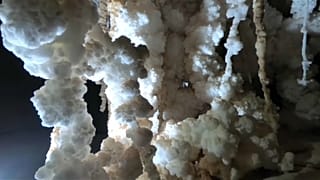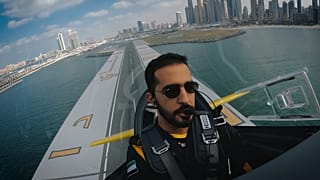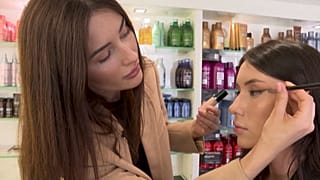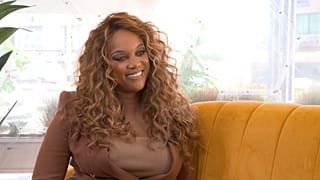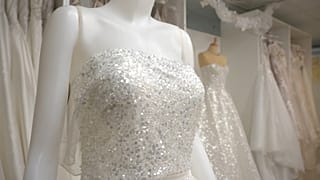Dubai is known more for its skyscrapers than its biodomes, but flourishing in its hinterlands is The Sustainable City, a bustling, thriving, community of families and small businesses pursuing a uniquely sustainable way of life.
Less than 25 kilometres from Downtown Dubai, in an area that was barren desert until a few years ago, exists a residential eco-experiment, called The Sustainable City.
The Executive Director of the See Institute, a sustainable living research centre based in the city, believes that like so many success stories, this one was born out of a desire for positive change.
"The Sustainable City came from the Global Financial Crisis ten years ago where we really realised we needed to come up with a different model which makes ecological and business sense at the same time."
Karim el-Jisr, Executive Director, See Institute
And out of the desert, this oasis appeared. A bustling, thriving hub of like-minded families and small businesses.
Ola Sinno, the co-owner of a coffee shop based in the city explains the pervasive ethos.
"We try to be as eco-friendly as possible, and we couldn’t find a better home for us than The Sustainable City. We try to bake small batches of everything, we’re constantly baking so we waste nothing and it’s always fresh. Same with our procurement of vegetables and fruits, we try to source locally and we try to source constantly so we waste nothing."
Ola Sinno, Spill the Bean
The Sustainable City is at full occupancy with around 3,000 residents living in 500 villas and 89 apartments. Solar panels cover the roofs of homes, carparks and businesses, harnessing enough energy to make this a net-zero community. The city consumes no more energy than it creates making it an international model for high quality sustainable living.
Dubai launches fifty-year charter
Dubai has just launched its fifty-year charter including a mandate for 10 per cent of homes to be self-sufficient in terms of water, food and energy.
Ivano Iannelli, CEO of the Dubai Carbon Centre of Excellence says, "With this fifty-year charter, one of the articles is to build a pool of self-sustained residences and as such we’re looking at retrofitting the first batch of these villas."
Stefanie Schachtschabel, the founder of Globally Great "UAE Sustainability Platform" adds, "I believe that the Dubai government is taking its role very seriously when it comes to sustainability. They don’t only talk about it, of marketing it, they are actually putting money into becoming a more sustainable destination."
Part of that investment is in 500 kilometres of cycle ways to be constructed by 2022. Half have already been completed around Al Qudra.
"It’s awesome. Getting out here in the mornings and watching the sun come up when you’re out there is really really cool," says one cyclist from England.
Another cyclist from Scotland says: "We’re pretty lucky to have the track here at Al Qudra. It makes it easy to train and I’m only local from here so it’s really easy actually."
"When you come here and have 140 kilometres of cycle track, no cars, just for the bikes, this is just fantastic. I think it’s unique conditions. You do not find this in Europe," says another cyclist from Belgium.
Sustainable model
Creative, sustainable projects and businesses are everywhere. Designer Alana Sorokin, for example, uses recycled ocean plastics in her swimwear label ‘Joseph and Alexander’.
"Sustainable fashion is key in order to make a difference to the health of the planet and spreading the messages about sustainability and of course plastic pollution," Sorokin says.
"We are here now at the Creek but if you go a little bit back in time they were living in the desert, so in the DNA of the people living here in the UAE there is sustainability at heart," insists Schachtschabel.
Next year, Dubai’s Expo 2020 will focus on the themes of sustainability, opportunity and mobility. Part of this mission is to reduce, reuse, recycle and repurpose 85 percent of waste to keep it from entering landfill, doing more with less.
And ‘more’ is exactly what is needed, according to the See Institute.
"We argue that The Sustainable City cannot end here and unless we see another 1000 Sustainable Cities we will not make a difference to the planet. A true measure of our success is not what you see here, but it’s to see replication by others and by ourselves," argues Karim el-Jisr.
So are we all looking at a future of solar-powered houses and electric cars, and when will that be? Iannelli insists the time is now.
"Now is the time. My vehicle is charging as we speak. There are incentives for early adopters. In my case, I love to park my car at the crowded mall during the weekend, while everyone is standing in a line, but at the same time I always laugh when in the middle of the summer, my solar-powered home, my smart home, receives a bill which is not half, but one-tenth of my neighbour’s."

